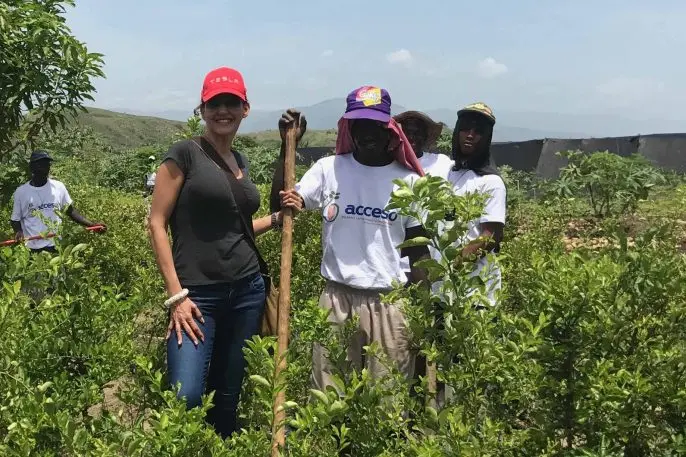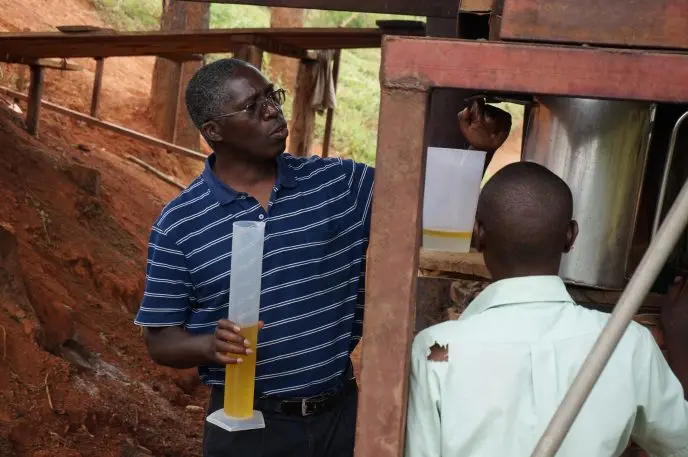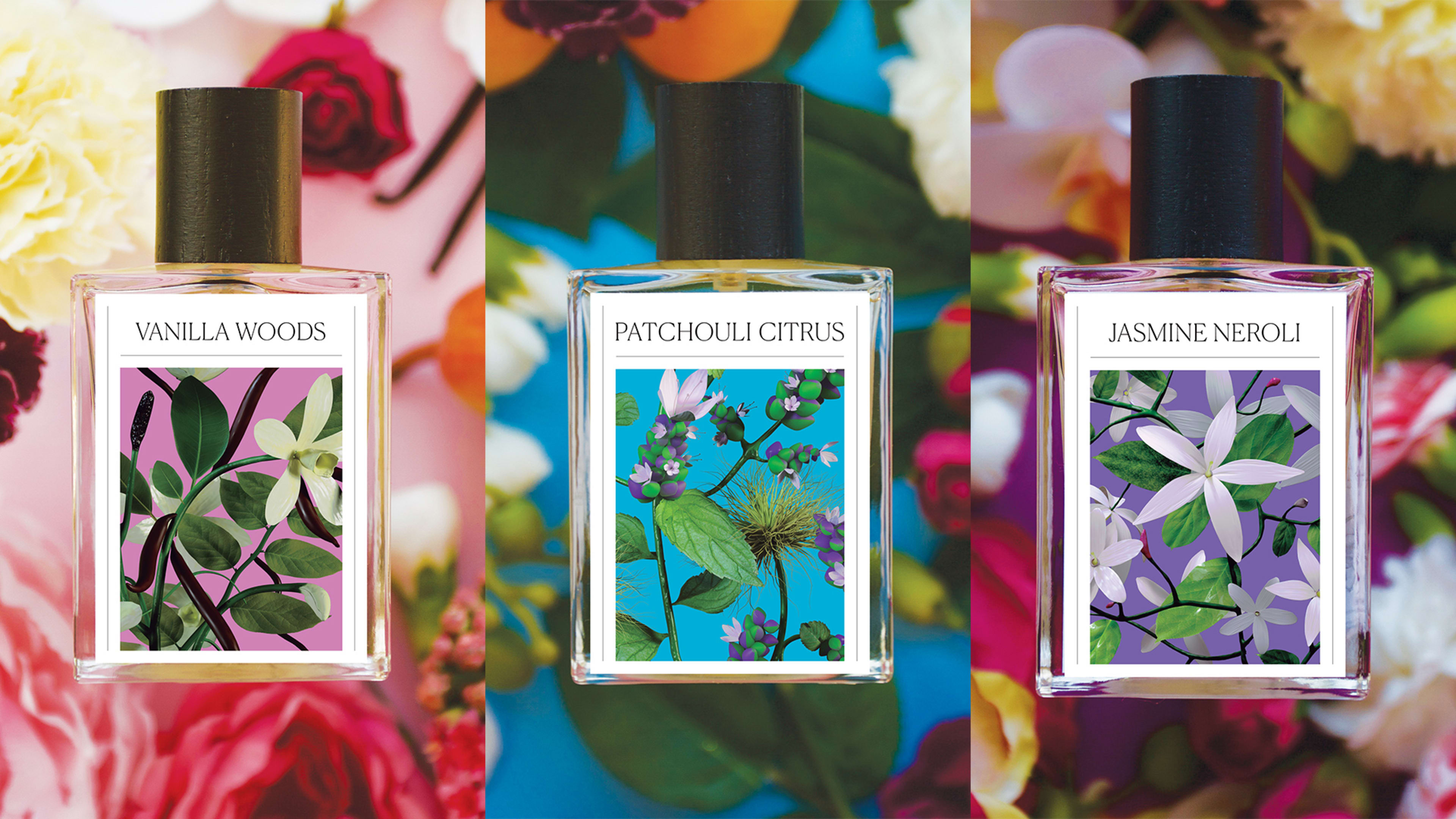The fashion and beauty industries are, in general, not known for ethical practices. With supply chains that range across the globe and depend on the labor of people in developing countries, the potential for exploitation is significant.
But Barb Stegemann, a social entrepreneur who first launched her line of natural ethical fragrances, The 7 Virtues, around nine years ago, also saw the potential to affect positive change through her work. After her friend was wounded in the war in Afghanistan, Stegemann began to research the situation in the country and learned that much of the strife was driven by economic instability. She established a perfume company in order to support local farmers, originally in Afghanistan and help them establish a secure livelihood by growing crops that are often exploited or underpaid for by the mainstream beauty industry. Now the company is helping farmers all over the world.
[Photos: The 7 Virtues]Her fragrances–originally aimed at an older demographic, but now reconstituted for millennials and launching as an exclusive in-store partnership with Sephora on August 17–are built around ingredients that support the farmers that produce them. For instance, to create her Orange Blossom and Rose Amber fragrances, Stegemann established partnerships with around 1,000 smallholder farmers in Afghanistan, who grow both rose and orange crops that her company purchases for around double what they’d earn growing poppy, which is illegal in the country yet integral to the opium trade, and often the only option for farmers in a difficult landscape. Stegemann’s company pays $12,000 for a liter of rose oil sourced from the farmers (around 178 petals are needed to make each bottle of perfume) so the farmers can access a good livelihood in the legal economy.

The unifying theme for Stegemann’s new line, called Peace Perfumes, is that the ingredients for each come from a country either in the midst of, or recovering from, conflict. The Vetiver Elemi perfume is made with vetiver grown by 2,500 farmers in Haiti, a country still recovering from the 2010 earthquake. Supporting organic farming in the country, Stegmann says, aids its issues with soil erosion and crop diversification. And the Patchouli Citrus scent is made from crops grown by a Rwandan cooperative that pays growers three times higher than the local coffee industry.

While Stegemann’s original line of perfumes garnered a small following, her new collection (which launched online in June) is already selling out. In the nearly a decade since she first launched The 7 Virtues, Stegemann has witnessed an enormous change in the consumer side of the beauty industry: People are now much more interested in buying products that are both natural and sustainable, but especially those that contribute to a larger cause. “Nine years ago, nobody knew what a social enterprise was,” Stegemann says. “Now, I find that people get most excited when they hear that a product is helping people, in my case farmers in countries that are rebuilding,” she says.
Recognize your brand’s excellence by applying to this year’s Brands That Matter Awards before the early-rate deadline, May 3.
